
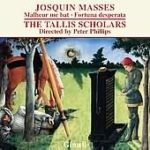
Since The Tallis Scholars are no strangers to Josquin, and since in the last couple of years the ensemble has repackaged some of its earlier
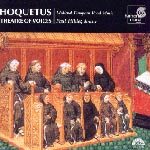
One of the wonders of the musical category known as “early music” is the incredible variety of styles, nationalities, languages and dialects, forms, and functions
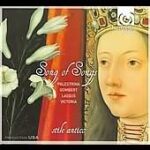
After hearing Jean Lhéritier’s magnificent and deeply affecting setting of Nigra sum you might understandably feel cleansed, blessed, and exonerated from all misdeeds you’ve ever

What a pleasant surprise! Instead of a relatively predictable if musically solid, expertly performed, enjoyable enough early music program (a familiar formula that caused me

The bells sound and the young women’s voices begin to sing the hymn Exultet iam angelica turba–but instead of the basic, unadorned chant we may
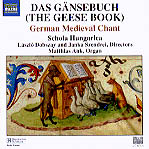
I admit it was the cover that got my attention–first, the title, referring to an 1120-page manuscript collection containing the only existing original copies of
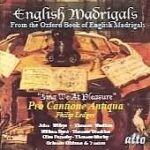
Here is everything you would expect to find on a very good 1970s-era recording of English madrigals. First, the music–you could call this program of
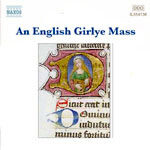
Early music always has been a sort of premium, upper-class enterprise, exemplified by really expensive concerts and top-price recordings by groups such as Anonymous 4
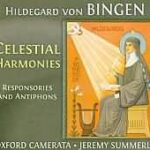
We remember Hildegard if nothing else for her 1980s “revival”, or perhaps from Anonymous 4’s hit 1997 recording featuring “Chants for the Feast of St.
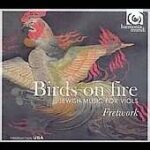
With subtitles such as “Jewish music for viols” and “Jewish musicians at the Tudor court”, this new disc from acclaimed viol ensemble Fretwork is bound
![]()
